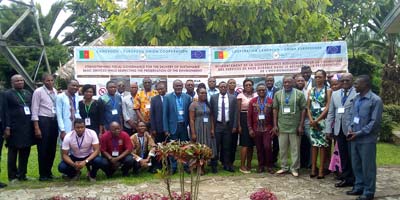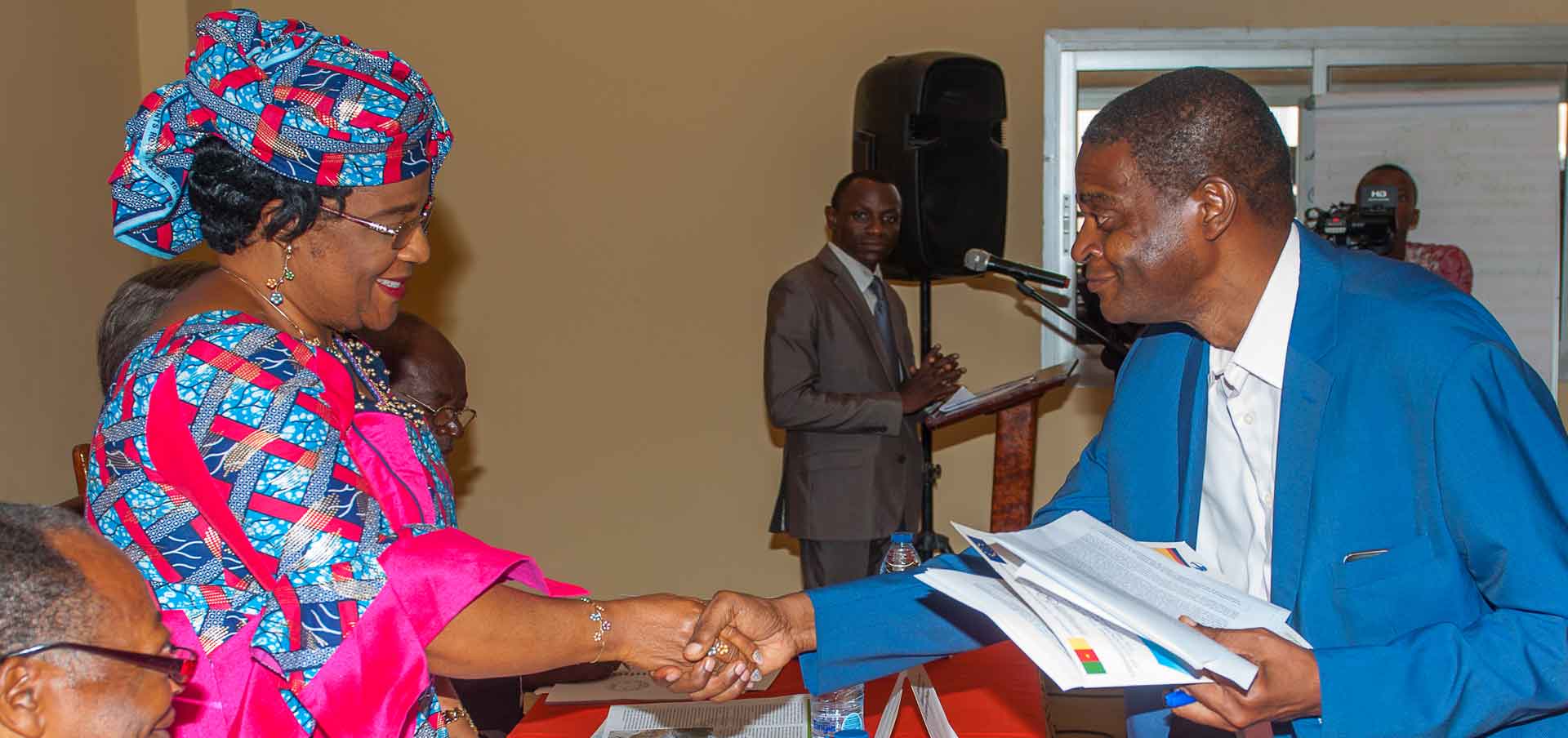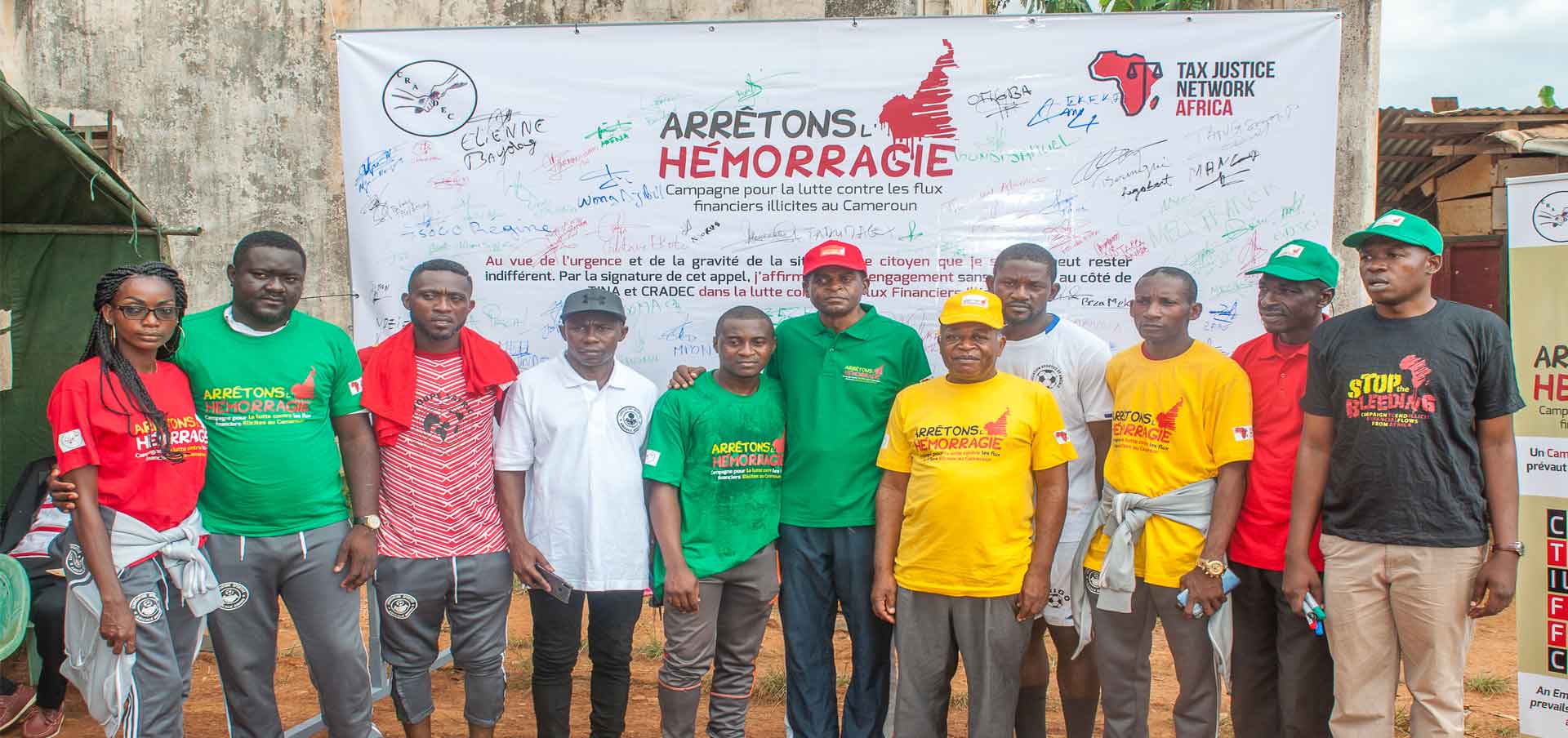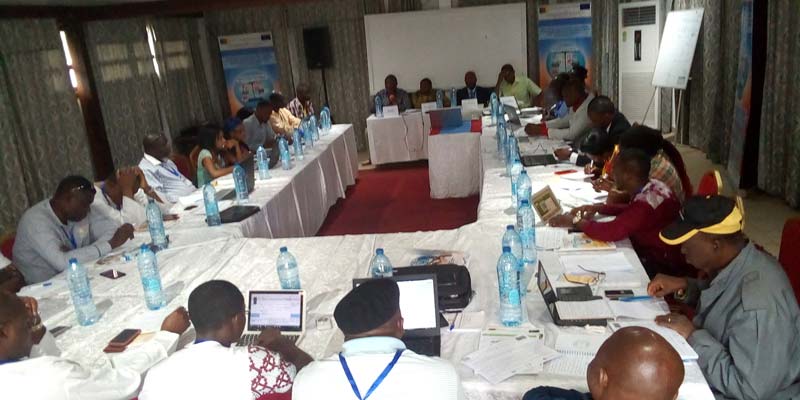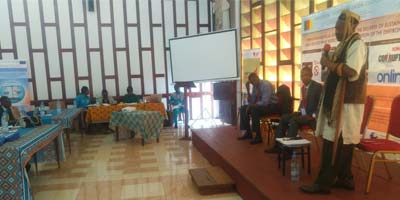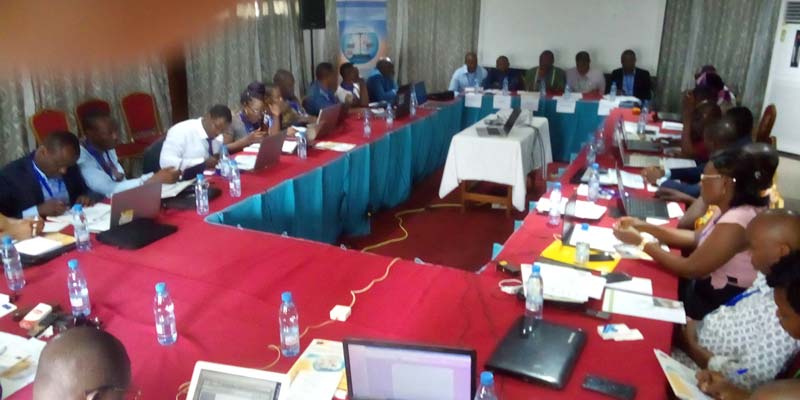The implementation of the Sustainable Development Goals (SDGs) should be considered with a view to responding as best as possible to the expectations of the populations, by involving everyone, institutionally or individually, counting on everyone's capacities, in a spirit of common but differentiated responsibility, in accordance with the commonly accepted and integrated accountability framework, operating at all levels with structural links.
At the United Nations level, to avoid mistakes made in the design and implementation of the Millennium Development Goals (MDGs), measures have been taken to mobilize the maximum of skills with a view to arriving at an Agenda for development as close as possible to the concerns of people all over the world. This is how several consultation structures were set up: High Level Panel (PHN), Open Working Group (GTO), Intergovernmental Committee of Experts on the Financing of Sustainable Development (CIEFD), National Consultations in around sixty from countries including Cameroon, etc. By taking these steps, the Secretary General of the United Nations has recognized that “the post-2015 development framework will be all the more effective as it is the result of a transparent, open and inclusive process in which multiple stakeholders ”. Indeed, there is today a broad consensus around the world on the need to base the new development framework on a broad process of consultations with various stakeholders, including civil society organizations and groups usually left behind on the fringes of the design of development policies and programs. Implementation frameworks and multi-stakeholder interactions have emerged as essential for the provision of development services that meet the expectations of populations.




